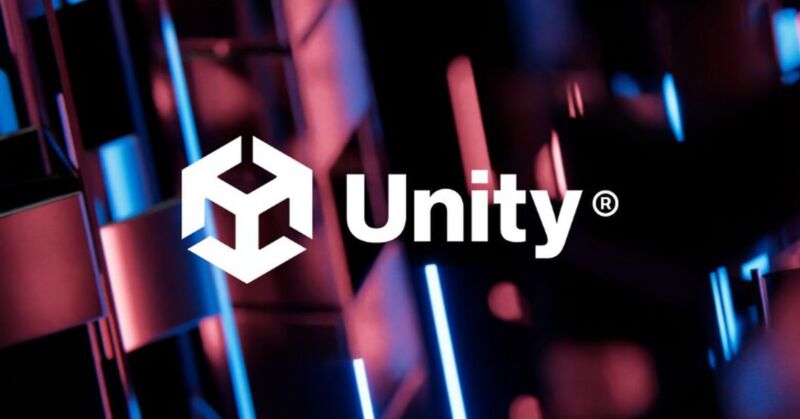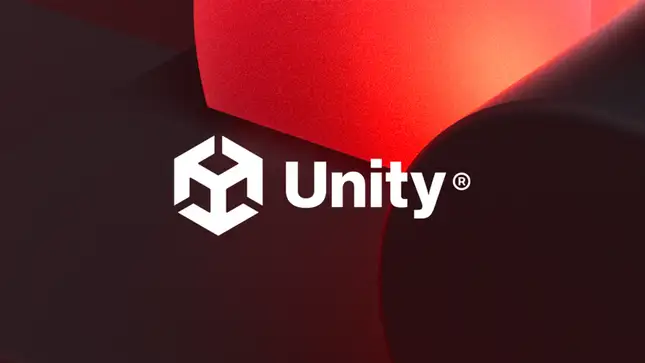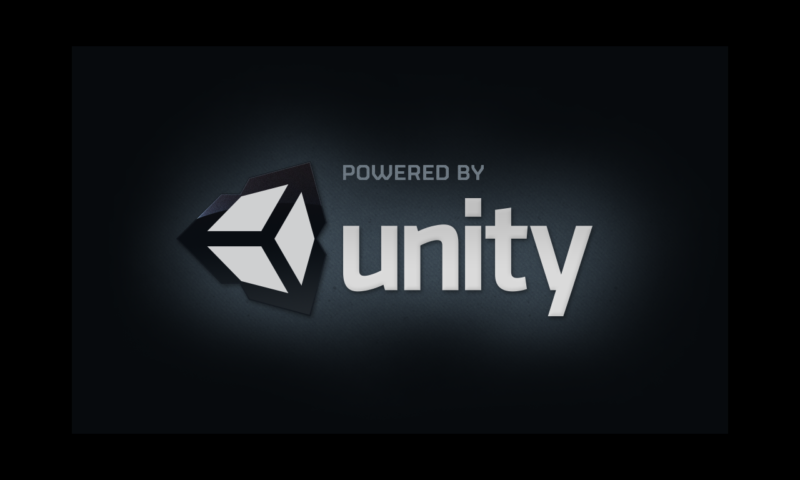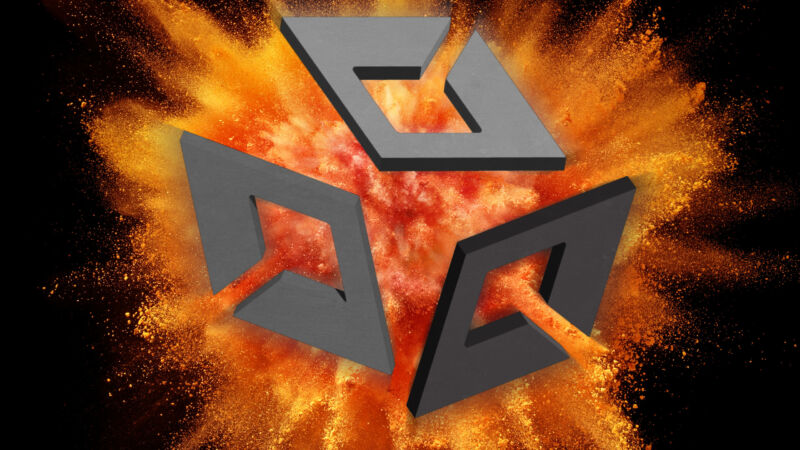-
 chevron_right
chevron_right
Unity dev group dissolves after 13 years over “completely eroded” company trust
news.movim.eu / ArsTechnica · Tuesday, 26 September, 2023 - 15:35 · 1 minute

Enlarge / A partnership of 13 years has ended over a complete lack of trust in the company behind the Unity engine. (credit: Boston Unity Group )
The "first official Unity user group in the world" has announced that it is dissolving after 13 years because "the trust we used to have in the company has been completely eroded." The move comes as many developers are saying they will continue to stay away from the company's products even after last week's partial rollback of some of the most controversial parts of its fee structure plans.
Since its founding in 2010, the Boston Unity Group (BUG) has attracted thousands of members to regular gatherings, talks, and networking events, including many technical lectures archived on YouTube . But the group says it will be hosting its last meeting Wednesday evening via Zoom because the Unity of today is very different from the Dave Helgason-led company that BUG says "enthusiastically sanctioned and supported" the group at its founding.
"Over the past few years, Unity has unfortunately shifted its focus away from the games industry and away from supporting developer communities," the group leadership wrote in a departure note . "Following the IPO, the company has seemingly put profit over all else, with several acquisitions and layoffs of core personnel. Many key systems that developers need are still left in a confusing and often incomplete state, with the messaging that advertising and revenue matter more to Unity than the functionality game developers care about."








